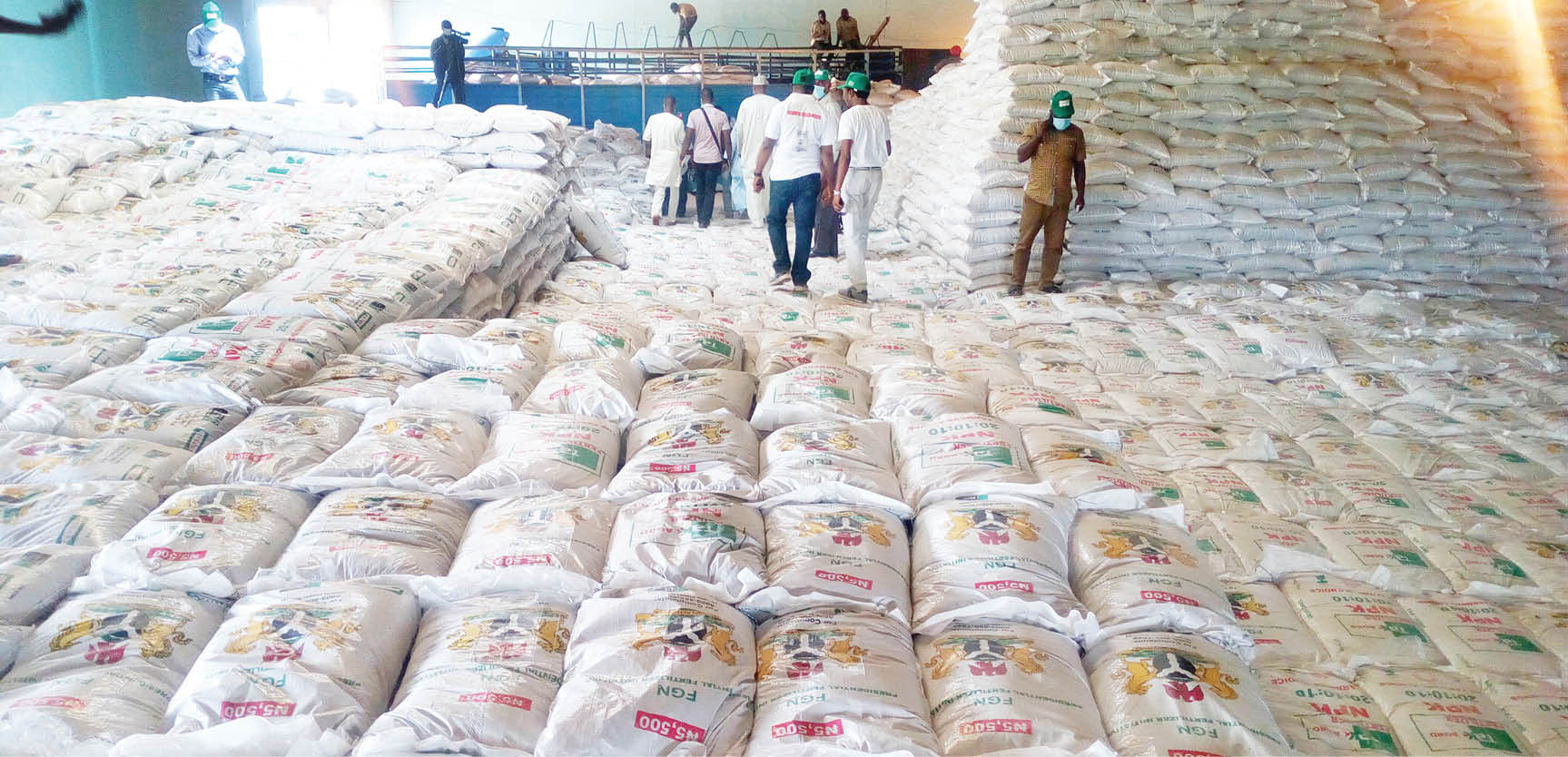Development partners and governments in the North East are meeting in Yola over the scarcity or high cost of farm inputs, especially fertiliser, in the sub-region.
Following the ban on the sale of fertiliser in the North East for security reasons, the product is either very expensive or scarce, thereby, depriving farmers of the much needed input.
Representatives of the development partners and officials of the Ministry of Agriculture from Gombe, Adamawa, Borno and Yobe states, are deliberating on the question of access to fertiliser and other agricultural inputs at the three-day workshop.
Ibrahim Sajo of Gombe State Ministry of Agriculture said because of restricted movement placed on fertiliser, security agents frequently confiscates fertiliser that find their way into the state, and that scarcity of the input has led to its “heavy adulteration”.
Lawan Yahi, the Zonal Agricultural Officer from the Borno State Ministry of Agriculture and Natural Resources, who presented the state’s status of agricultural input access for the 2021 farming season, said fertiliser prices are up in the state because of shortage and high demand.
Mrs Edna Azura, the Director of Agricultural Services in Adamawa State, said farming yields are low as soil-specific fertilisers are unavailable, while Ahmed Tukur from Yobe State said because of the insurgency-informed ban on fertiliser, the input is expensive and its quality not guaranteed.
The federal government banned the distribution and use of urea and NPK fertilisers in the North East on the explanation that terrorists were using components of the fertilisers in making bombs with which they were executing their attacks.
The National Chairman of Nigeria Agricultural Inputs Dealers Association (NAIDA), Alhaji Kabiru Fara, said it is sad that fertiliser should be banned without any substitute.
He said members of his organisation and farmers are at the receiving end as instead of going after the terrorists allegedly using urea in the making bombs, security agencies are instead depriving farmers of the much needed fertilizer.
The Chief of Party of the Feed the Future Nigeria Rural Resilience Activity, Margarita Aswani, explained that the ban is testing the resilience of the rural population.
The Yola workshop utilised the first day to identify the challenges to farm input access, and is set to chart the way forward.

 Join Daily Trust WhatsApp Community For Quick Access To News and Happenings Around You.
Join Daily Trust WhatsApp Community For Quick Access To News and Happenings Around You.


